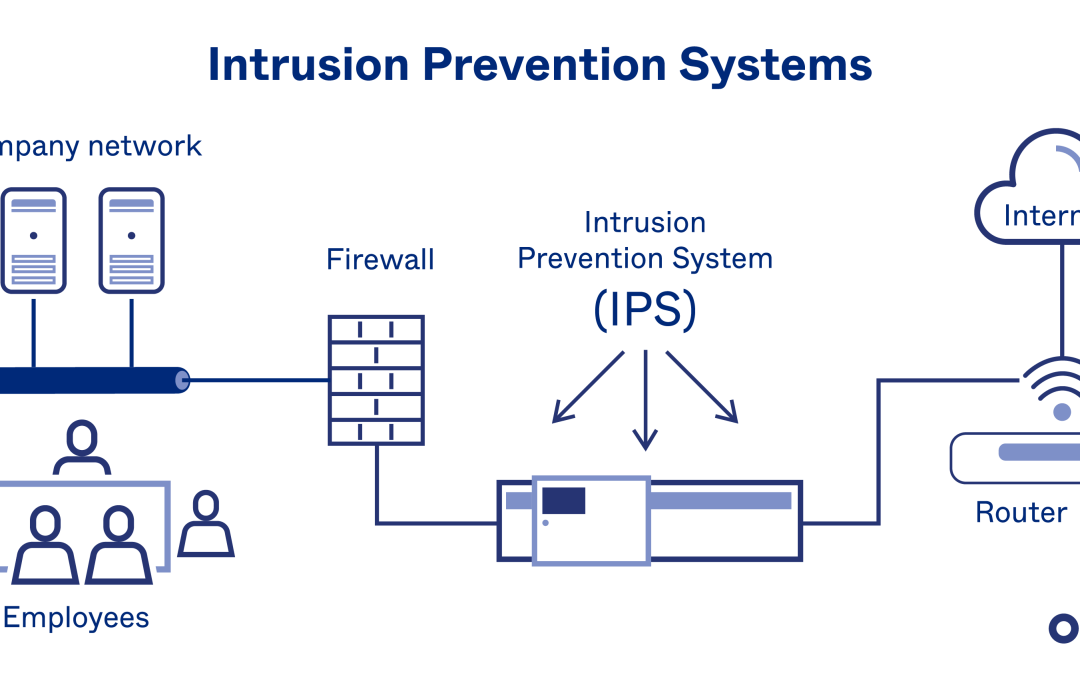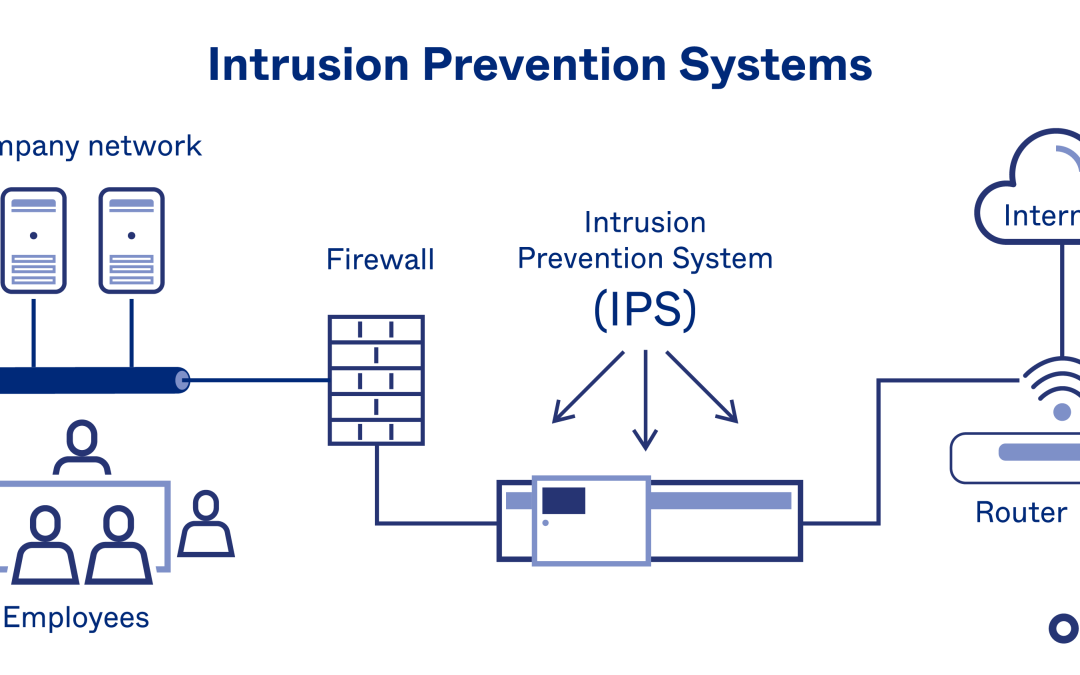Read Our Blogs
The Impact of Technology on the Hospitality Industry: Trends and Innovation
Technological innovations play an important role in defining consumer experiences, optimizing operations, and fostering innovation in the hospitality business. Enterprise Systems is at the forefront, providing cutting-edge networking and...

Personalized Learning: Tailoring Education to Individual Needs with Technology
Personalized learning has gained significant traction in the field of education over the past few years. Personalized learning tailors educational experiences to each student's unique needs, interests, and learning styles. Technology plays an...

Key Components of a Network Assessment: Analyzing Infrastructure, Security, and Performance
In the vast, interconnected web of today's digital landscape, ensuring the health and efficiency of your network is not just a matter of keeping the lights on—it's about illuminating the path to innovation and security. A comprehensive network...

Types of Carrier Services: Voice, Data, and Video Transmission
In today's interconnected world, carrier services play a pivotal role in facilitating communication and information exchange. From voice calls to high-definition video streaming, these services form the backbone of our digital infrastructure. Let's...

Choosing the Right Technology Stack for Your Business Software: Factors to Consider
In today's digital age, selecting the appropriate technology stack for your business software is crucial. It's like choosing the right ingredients for a recipe; each component plays a significant role in the final product's success. So, let's dive...

The Importance of Clinical Trials: Ensuring Safety and Efficacy of New Pharmaceuticals
In the realm of healthcare innovation, the journey from laboratory discovery to the pharmacy shelf is marked by a critical phase: clinical trials. These trials serve as the cornerstone in ensuring the safety and efficacy of new pharmaceuticals...

The Future of Education: Trends and Innovations Shaping the Classroom of Tomorrow
In the vast tapestry of human progress, few threads are as vital as education. It's the cornerstone upon which societies build their futures, and as we venture further into the 21st century, the landscape of education is undergoing a profound...

Public Transportation Systems Around the World: Comparing Efficiency, Accessibility, and Sustainability
Public transportation networks have become vital for contemporary urban societies because they give millions of people globally efficient, accessible, and sustainable transportation alternatives. These systems vary strongly in terms of their...

Special Education: Supporting Students with Diverse Learning Needs
Dedicated to ensuring that children with a variety of learning challenges have the assistance and materials they require to succeed academically, socially, and emotionally, special education is an essential part of the educational landscape. We...

Mental Health Awareness: Breaking the Stigma and Promoting Well-being
Introduction Nowadays, mental health awareness is a crucial topic due to the increasing awareness of the importance of prioritizing mental well-being in society. Despite significant progress in understanding mental health issues, stigma and...
